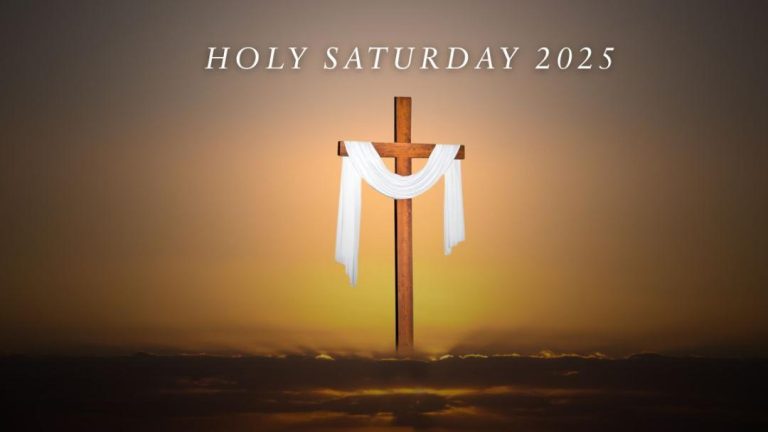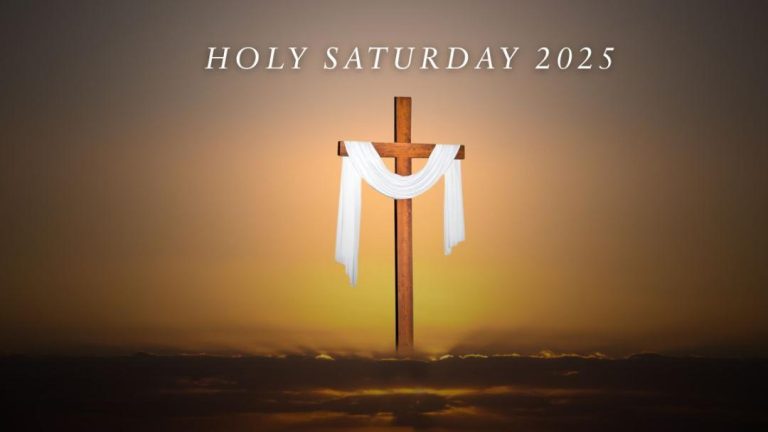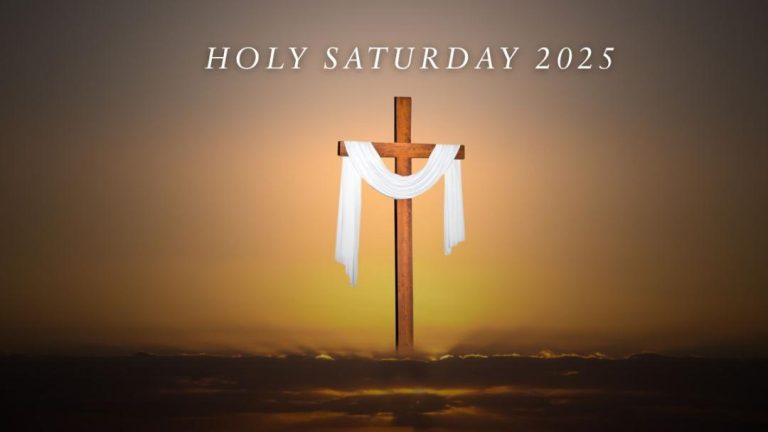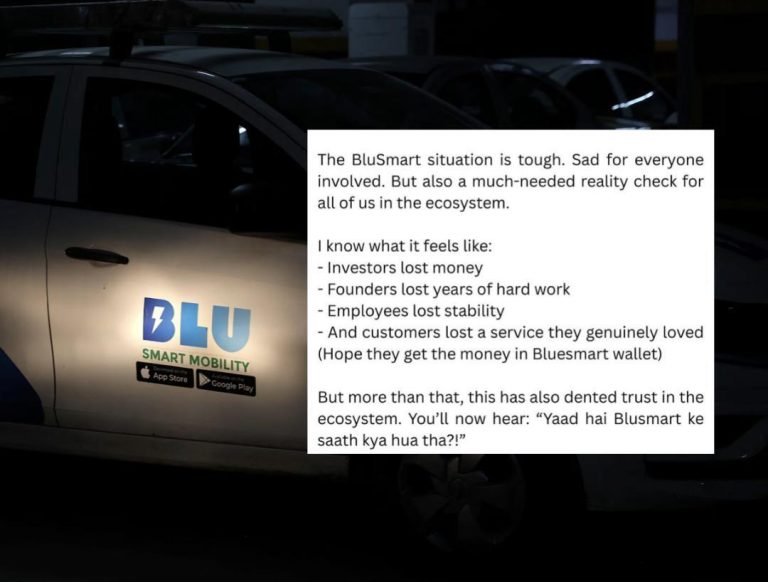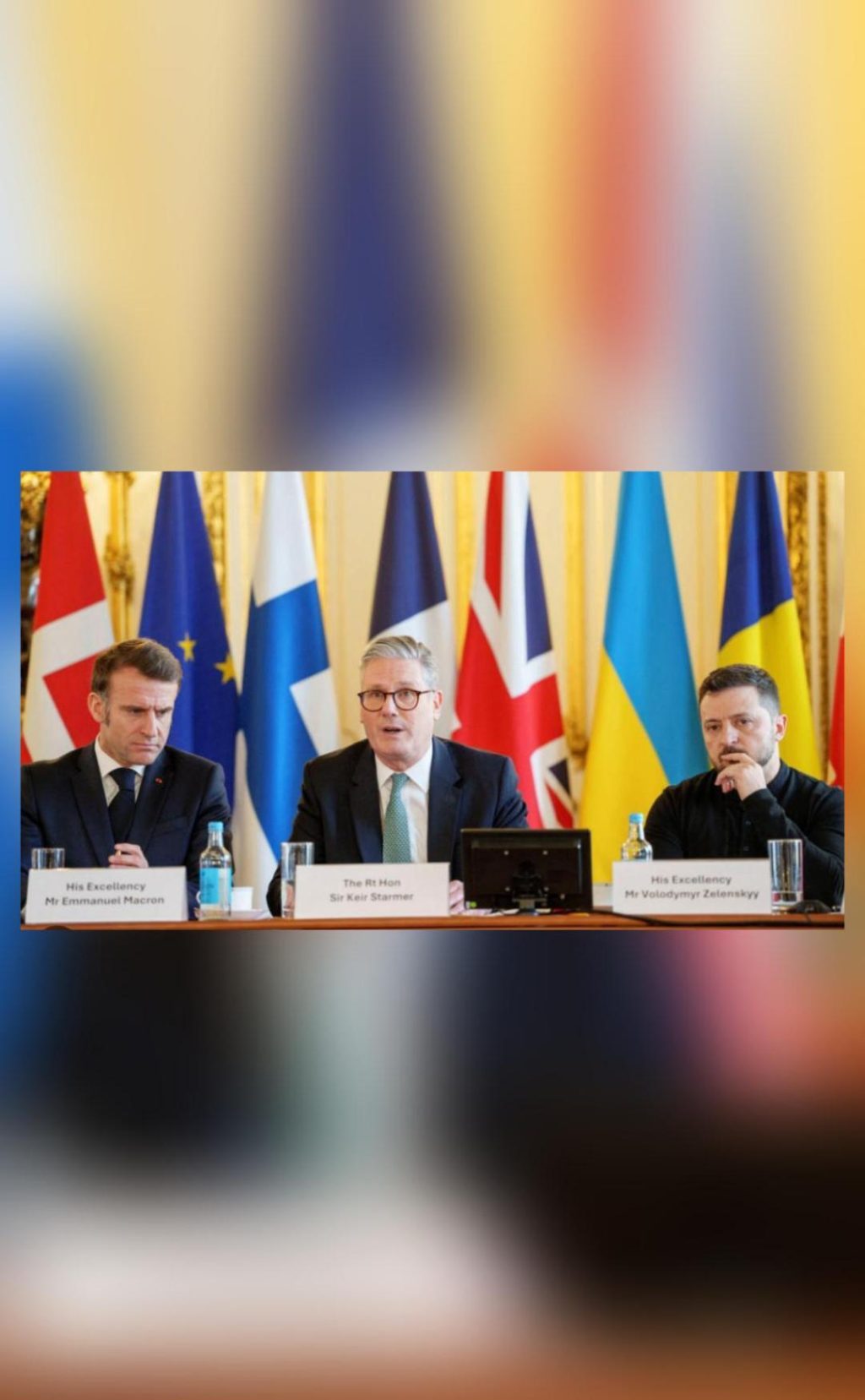
UK & France propose 1-month partial truce between Russia & Ukraine
The ongoing conflict between Russia and Ukraine has been a major concern for the international community, with both sides engaging in fierce battles and civilian casualties mounting. In an attempt to bring some respite to the war-torn region, France and Britain have proposed a one-month partial truce between the two nations. According to the proposal, the truce would cover air, sea, and energy infrastructure attacks, but would not include ground fighting. European ground troops would only be deployed to Ukraine in a second phase, as per the plan.
The French government announced the proposal, with President Emmanuel Macron stating that the goal is to create a “breathing space” between the two nations. The proposal comes amidst mounting pressure on both sides to find a solution to the conflict, which has seen thousands of civilians killed and millions displaced.
The partial truce would be effective from March 1st to April 1st, with the aim of giving both sides time to negotiate a more comprehensive settlement. The plan would allow for the continued exchange of prisoners, the evacuation of wounded civilians, and the delivery of humanitarian aid. However, it would not cover ground fighting, which has been a major sticking point in previous peace talks.
The proposal has been welcomed by Ukrainian President Volodymyr Zelenskyy, who stated that he was aware of the plan. Zelenskyy has been a vocal advocate for a ceasefire and has repeatedly called on Russia to withdraw its troops from Ukrainian territory. The Ukrainian president has also emphasized the need for a comprehensive settlement to the conflict, which would involve the withdrawal of Russian forces, the restoration of Ukraine’s sovereignty, and the provision of reparations to affected civilians.
The French and British proposal is seen as a step in the right direction, as it acknowledges the need for a temporary cessation of hostilities to allow for negotiations to take place. The plan also recognizes the importance of protecting civilians, who have borne the brunt of the conflict.
However, the proposal has also been met with skepticism by some experts, who argue that it is too limited and does not address the underlying issues that led to the conflict. The truce would not, for example, require Russia to withdraw its troops from Ukrainian territory, which is seen as a major obstacle to a comprehensive settlement.
The Ukrainian government has also expressed concerns about the proposal, with some officials arguing that it does not go far enough in addressing the country’s security concerns. The Ukrainian military has been fighting Russian-backed separatists in the eastern region of Donbas, and some officials believe that any ceasefire must include a commitment from Russia to withdraw its troops from the region.
Despite these concerns, the French and British proposal is seen as a positive development in the ongoing conflict. It provides a glimmer of hope that the international community can come together to find a solution to the crisis, and it offers a temporary reprieve from the violence that has ravaged Ukraine.
As the international community continues to grapple with the implications of the proposal, one thing is clear: the conflict between Russia and Ukraine is far from over, and a comprehensive settlement will require a significant amount of effort and negotiation. However, the French and British proposal is a step in the right direction, and it offers a glimmer of hope that a peaceful resolution to the conflict may yet be possible.
